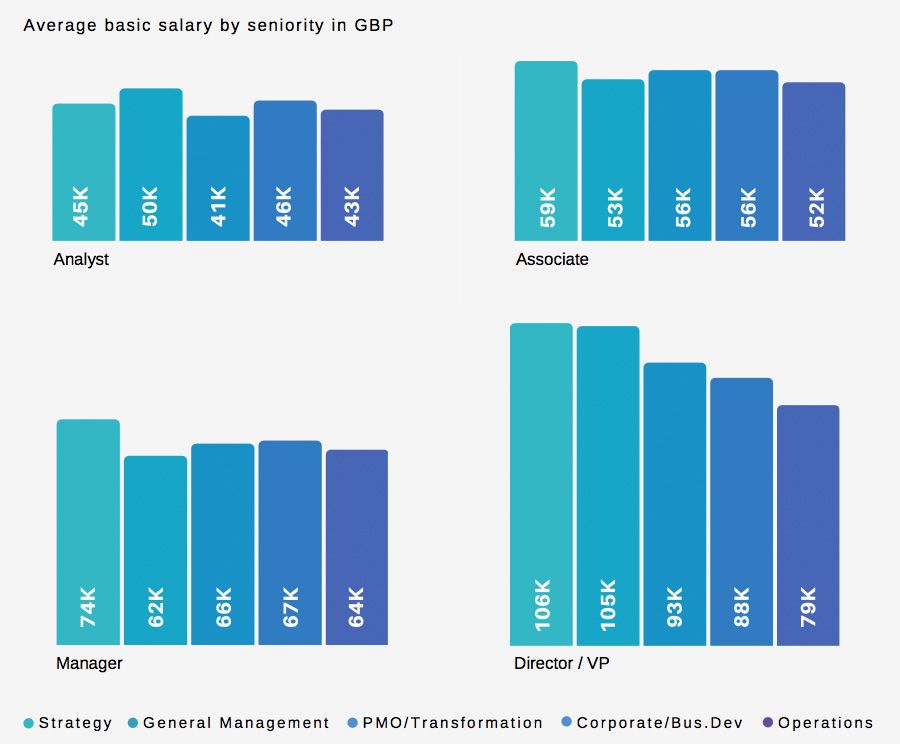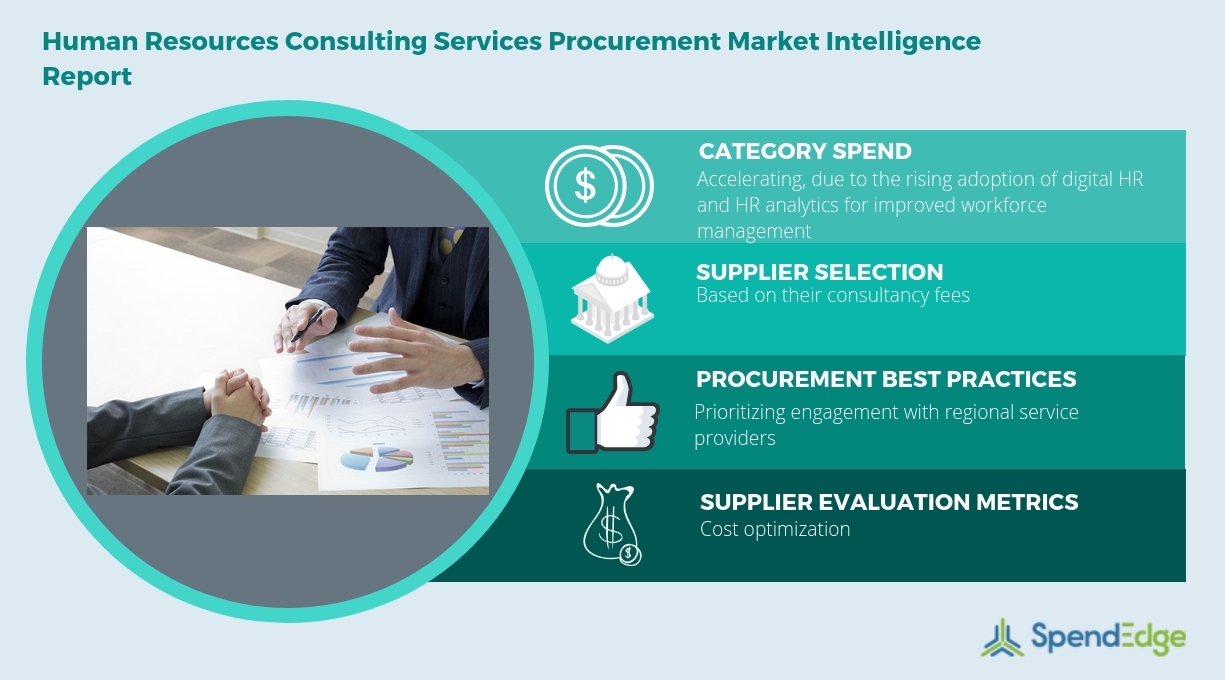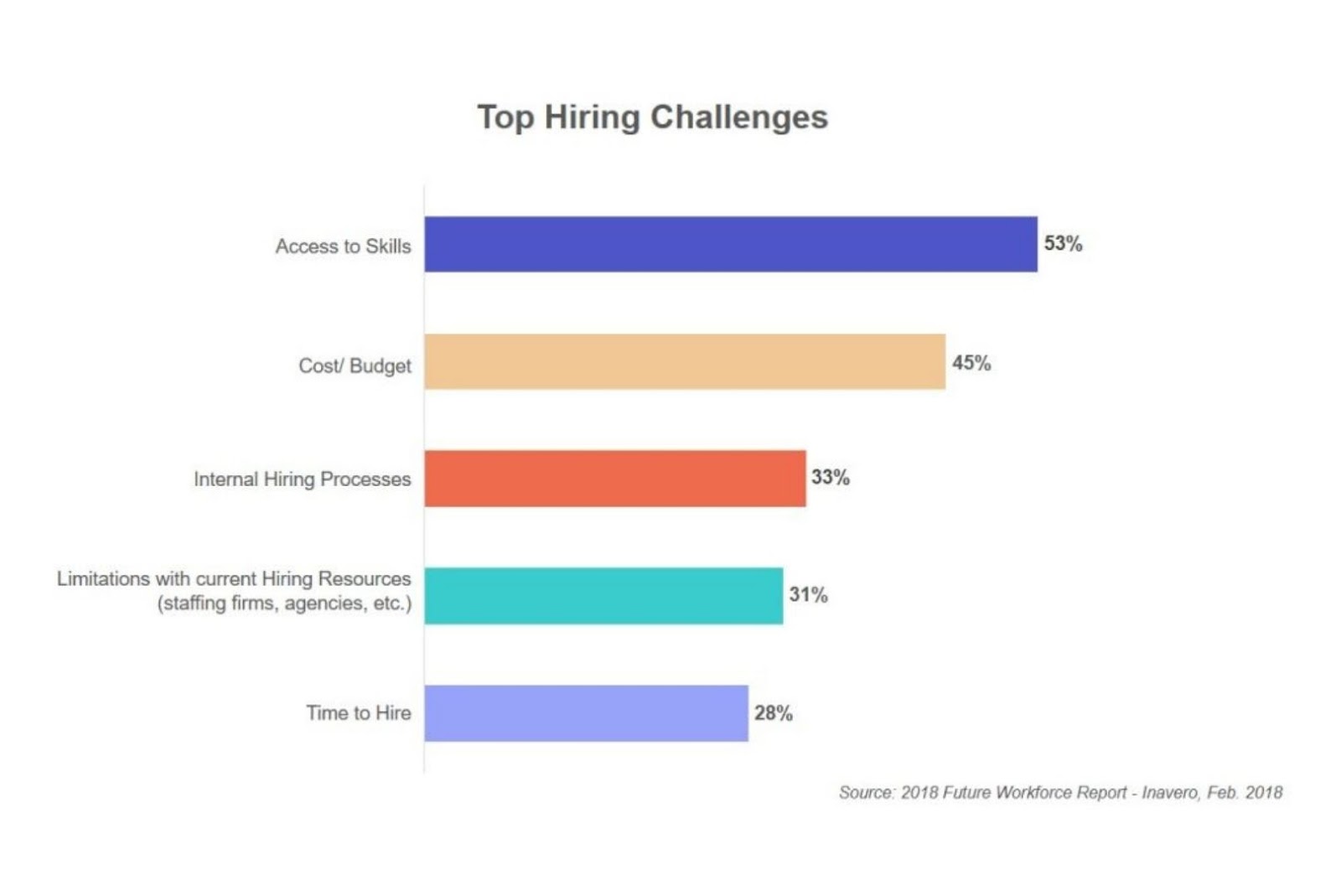
Shibumi may be the right choice for you if your company is looking at purchasing a new software system. This particular software system is extremely popular. However, there are many pros and cons to consider before you make a purchase. Here we'll discuss features, pricing, as well as integrations with other systems.
Pros
Shibumi, an enterprise project management program that allows IT executives and members of the C-suite to track and organize projects, is available. It gives a complete overview of the project's progress, and allows C-suite members to make better decisions about projects. Shibumi, a highly configurable software system, requires an account manager in order to set it up to meet the company's specific needs. This software is highly specific and may not be appropriate to all businesses.

Shibumi’s strategic portfolio management system empowers PMO and C-suite leaders with the ability to align their executions with the firm’s strategy. This allows companies increase organizational agility and reduce organizational risk while maximising their return on investment. Additionally, companies can track metrics in one central location.
Pricing
Shibumi Enterprise Project Management Software focuses on strategy execution. It is powered with a SaaS platform that trusts leading enterprises. It helps organizations realize their strategic business objectives through agile execution. It allows users the ability to establish clear measurable goals and track metrics all within one centralized environment.
Shibumi software's customers use it for managing enterprise-wide transformation programmes. This single source of truth empowers both strategy and execution leaders to make better choices. It can integrate with other apps such as BI tools and project management software. Shibumi offers a GraphQL-API that allows third party developers to integrate with it. It has a multi-user capability that makes it a great enterprise-wide transformation tool.
Integrations with existing systems
An API allows integration of Shibumi software with other systems. The API allows Shibumi instances to automatically communicate with other systems via HTTP requests. The API also allows Shibumi integration with other web apps. The API makes it easy for the Shibumi to connect with other systems and applications.

Shibumi can be integrated with other systems like Jira Align and Microsoft Project Online. You can also export data, which facilitates seamless integration. This solution is powerful for large enterprises to manage the entire lifecycle of strategic plans. It allows teams to collaborate easily and tracks milestones. Furthermore, Shibumi has the ability to score opportunities based on projected business outcomes.
FAQ
How do you choose a consultant to help me?
There are three main things to keep in mind:
-
Experience - How experienced is the consultant? Are you a beginner or an expert? Do her qualifications and knowledge show on her resume?
-
Education - What did this person study in school? Did he/she go on to further education after graduation? Were there any evidences of this learning in his/her writing?
-
Personality - How do we feel about this person? Would we hire him/her to be our employee?
-
These questions can help you determine whether the consultant is right for your needs. If there are no clear answers, then it might be worth an initial interview to learn more about the candidate.
What is a consultant?
Consultants are those who offer services to other people. Consultant is not just a job title. It's a position where you help people achieve their goals. This is done by helping others understand their options and making the right decisions.
Consultants can help you solve problems or overcome challenges when working on projects. They also provide advice and guidance on how to implement those solutions.
Any questions you have about business, technology and finance, leadership or strategy, human resource management, customer service, customer service, or any other topic, a consultant can answer them.
How much should a consultant charge?
It depends on what you are offering. If you're providing services for free, there is no reason to charge anything. You must charge for services or products if you want to sell them.
If you're providing low-quality service, you don’t have anything to offer. You are not worth anything, so why should anyone pay you anything.
You might be able ask for a more expensive price if your services are of high quality. People recognize the value in you offering. Customers who buy multiple services from you may qualify for discounts.
How long does it usually take to become an expert consultant?
It depends on the industry and your background. Most people begin their journey with less than a month before finding work.
However, some consultants spend several years honing their skills before finding work.
What is the difference between consulting and freelancing?
Freelancers work as independent contractors and offer their services without the assistance of an agency or company. They charge hourly rates depending on the amount of time spent on a client's projects. Consultants often work for companies or agencies that employ them. Their salaries are usually paid monthly or annually.
Consultants have less flexibility than freelancers because they can control their work hours, and set their own prices. However, consultants often have better benefits, such as health insurance, vacation days, sick leave, retirement plans, etc.
Statistics
- "From there, I told them my rates were going up 25%, this is the new hourly rate, and every single one of them said 'done, fine.' (nerdwallet.com)
- WHY choose me: Why your ideal client should choose you (ex: 10 years of experience and 6-week program has helped over 20 clients boost their sales by an average of 33% in 6 months). (consultingsuccess.com)
- 67% of consultants start their consulting businesses after quitting their jobs, while 33% start while they're still at their jobs. (consultingsuccess.com)
- Over 50% of consultants get their first consulting client through a referral from their network. (consultingsuccess.com)
- According to IBISWorld, revenues in the consulting industry will exceed $261 billion in 2020. (nerdwallet.com)
External Links
How To
What is a typical day for a consultant?
A typical day will vary depending on the type of work you are undertaking. You will be spending time researching, planning new ideas, meeting with clients, and creating reports.
You'll often have meetings with clients where you can discuss issues and solve problems. These meetings can take place over the phone, via email, online, or face to face.
You may also be asked to prepare proposals, which are documents outlining your ideas and plans for clients. Before presenting these proposals to clients, you will usually need to discuss them with a colleague or mentor.
You will need to create content after all your planning and preparation. Writing articles, designing websites, editing photos or conducting interviews are just some of the options.
It depends on the project's scope, you might need to do some research to collect relevant statistics. This could include finding out how many customers your company has and whether they purchase more than one product.
Once you have all the information needed, it is time for clients to see your findings. Your findings can be presented orally or written.
Finally, you must follow up with clients after the initial consultation. You might contact them regularly to check on their progress or send them emails to confirm they have received your proposal.
This is a long process that can take some time. However, it is crucial to stay focused and to maintain good relationships.